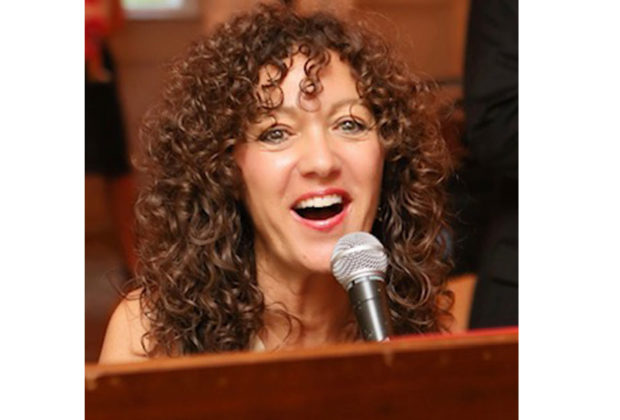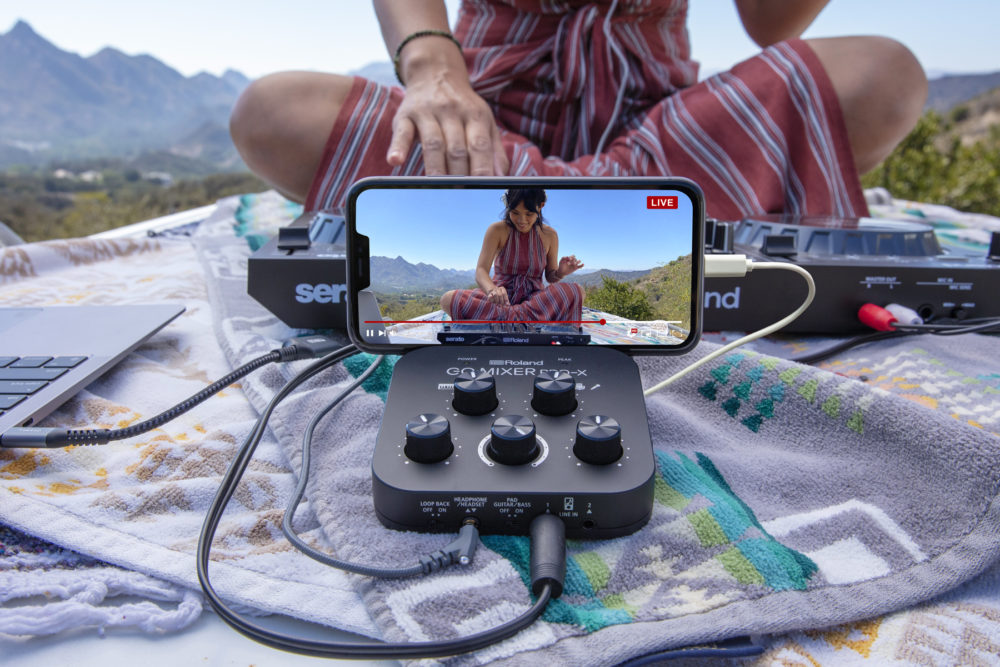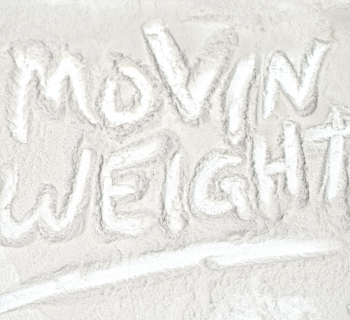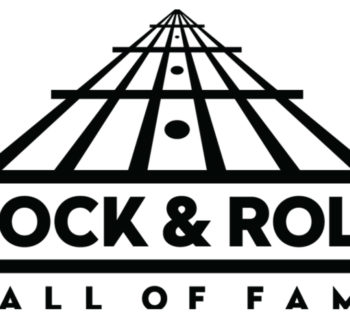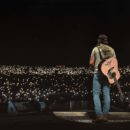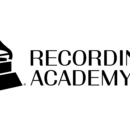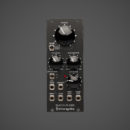As a full-time professional singer for decades, there are lots of things that go into having a successful and enduring career. If you are a singer, you are a vocal athlete! Just like an athlete of any kind, singers must maintain a healthy physical condition to be a shining star :)
I am currently out with my band performing my popular new single “Hug A Million Times” and loving the accolades we are getting for it, but for years I sang Top 40 cover songs at the top of my lungs! In my early years as a singer, I sang 4 to 5 hour club gigs, 6 nights a week. That’s 24 to 30 solid hours of hard singing. I did not take my vocal health seriously, and as a result I injured my voice more than once. What, I’m not indestructible? As I got older and realized that you only get one body in life, I started to take better care of it and thankfully my voice is now stronger than ever! If you are a young singer, or a singer of any age, here are some things that help me.
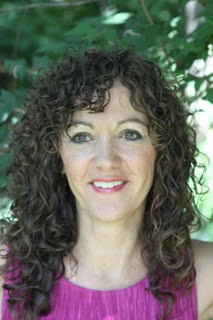 Listed in order of before the gig to after the gig:
Listed in order of before the gig to after the gig:
- If I am eating a meal before a show, I make sure to eat at least an hour before I sing. Even though I wish I had a bowl of buttered popcorn on stage with me, I know that if I eat a lot and then sing right away, my diaphragmatic breathing muscles that are used to support singing can generate acid reflux to spill onto my vocal cords. This is not good and will cause hoarseness and can eventually cause more damage. No popcorn until after the gig!
The same thing with throat drops before a gig. I only use the kind that do not have menthol in them, which can also cause acid reflux.
One thing that is actually beneficial to eat before a gig is watermelon, my favorite!
- Before any show, I do a vocal warm up of at least 5 to 10 minutes. Longer if needed. I learned these warm up exercises from studying voice and from a professional vocal therapist. How many times can you say “unique New York unique New York unique New York”? Also try Googling the vocal straw exercise. Very helpful!
- Singing on stage, I am always mindful of my vocal placement. I don’t sing beyond my range because I know I will end up hurting myself. I have learned to use both registers of my voice and how to combine them smoothly. “Aaaaaaoooooooh!”
- During a gig, I make sure that I have a vocal monitor. If I can’t hear myself coming out of the main speakers, I will push my voice more than I should since I can’t hear it over the music and drums behind me. When I used to play club gigs, I made sure to have a monitor in front of me on stage and also access to the mixing board to turn up my voice if needed as the band got louder.
On my current shows at larger venues where I have someone else running sound, I make sure we have a good view of each other, or a stage manager, so I can cue the sound engineer to make adjustments if I need them.
A sound check before the gig is of course helpful, but that will all change when the noise of the audience comes in!
- When I am playing piano and singing on stage, I make sure my boom mic stand is set in a comfortable position so that I am sitting with good posture and the mic is right at the level of my mouth. That way I can get good breath for vocal support and I am not straining my neck to reach up to the microphone.
- I keep hydrated with room temperature water during a gig. You might want a nice cold rum & coke, but ice in a drink constricts vocal cords, alcohol dries out the mouth and carbonated drinks may cause you to burp in the middle of a song. Believe me, I learned this the hard way, with a loud belch over the microphone right on stage! :)
- This one is difficult and often overlooked: When I used to play club gigs, and we took a band break, I had to avoid talking to people in a noisy room to save my voice. Trying to project my voice over the noise of a crowd or loud music is impossible and tires out my vocal cords quickly. I would say a quick “Hello and thanks for coming!” and then take off to a quiet place to rest my voice for a few minutes. Now when I am playing a concert venue and I am talking to people after the show at the merch table, I am also mindful of how I am speaking.
- After a gig on my way home, I do vocal cool-down exercises. An easy one is saying the word “sing” starting on a low pitch then up to a high pitch and dropping lower again as I elongate the “ng” at the end of the word “sing.” “Sinnnnnnnng!”
- Another major thing that I overlooked for years is how to be mindful of my vocal placement while I am talking in my everyday life. I keep the same vocal placement when talking that I use when I am singing. That “vocal fry” you try to use when flirting might sound sexy, but it’s causing your vocal cords to literally scrape together and that is not good in the long run. And you wanna be in this for the long run!
- This last one could be an entire article in itself but, if you are singer, you are a musician! I used to hear my band members talking in terms I didn’t understand. “Go to the five chord,” or “tag the ending,” and I realized that if I wanted to be able to lead my band, I had to speak their language. The fact that I play piano is helpful and I recommend all singers to learn an instrument. I learned music theory, song structure, how to write out lead sheets, understanding chord progressions, adding dynamic notation and how to ultimately speak the same language of music. I now have respect from all of the musicians I work with and am a highly regarded leader of my band.
Hopefully you’ll have a long and successful career ahead of you, so take care of your voice and learn the language of music!
For more information on KRISANTHI PAPPAS visit krisanthi.com

